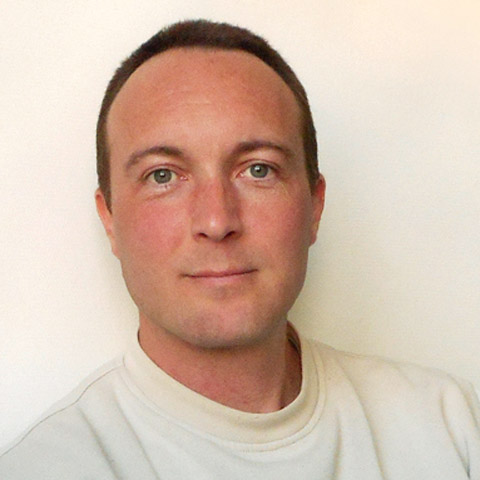KLI Colloquia are invited research talks of about an hour followed by 30 min discussion. The talks are held in English, open to the public, and offered in hybrid format.
Fall-Winter 2025-2026 KLI Colloquium Series
Join Zoom Meeting
https://us02web.zoom.us/j/5881861923?omn=85945744831
Meeting ID: 588 186 1923
25 Sept 2025 (Thurs) 3-4:30 PM CET
A Dynamic Canvas Model of Butterfly and Moth Color Patterns
Richard Gawne (Nevada State Museum)
14 Oct 2025 (Tues) 3-4:30 PM CET
Vienna, the Laboratory of Modernity
Richard Cockett (The Economist)
23 Oct 2025 (Thurs) 3-4:30 PM CET
How Darwinian is Darwinian Enough? The Case of Evolution and the Origins of Life
Ludo Schoenmakers (KLI)
6 Nov (Thurs) 3-4:30 PM CET
Common Knowledge Considered as Cause and Effect of Behavioral Modernity
Ronald Planer (University of Wollongong)
20 Nov (Thurs) 3-4:30 PM CET
Rates of Evolution, Time Scaling, and the Decoupling of Micro- and Macroevolution
Thomas Hansen (University of Oslo)
RESCHEDULED: 18 Dec (Thurs) 3-4:30 PM CET
Chance, Necessity, and the Evolution of Evolvability
Cristina Villegas (KLI)
8 Jan 2026 (Thurs) 3-4:30 PM CET
Embodied Rationality: Normative and Evolutionary Foundations
Enrico Petracca (KLI)
15 Jan 2026 (Thurs) 3-4:30 PM CET
On Experimental Models of Developmental Plasticity and Evolutionary Novelty
Patricia Beldade (Lisbon University)
29 Jan 2026 (Thurs) 3-4:30 PM CET
Jan Baedke (Ruhr University Bochum)
Event Details

Topic description:
Biologically Inspired Computing (Biocomputing) is an interdisciplinary research area in which ideas and principles from biology are used to design and implement new and improved computing methods. Traditional computer technologies and techniques have their drawbacks and limitations. However, by looking at how biological (“complex”) systems perform computations, process information, and make decisions, we can learn new and interesting ways of overcoming these limitations and make computers smarter, more robust, and more flexible.
This lecture provides an introductory-level overview of Biologically Inspired Computing and some of its methods, such as Evolutionary Computation (using evolution to solve hard optimization problems) and Neural Networks (using ideas from how the brain works to make computers learn). After an introduction to the difference between “easy” problems and “hard” problems in computer science, it is then explained how Nature “computes”, how some of these Biocomputing methods are inspired by biology, and to which kinds of problems these methods can be applied. The lecture is suitable for a general audience (no particular knowledge of science, biology, or computing is necessary), and includes several fun and visual examples (avoiding technical details).
Biographical note:
Wim Hordijk is a computer scientist working in the areas of computational biology and bioinformatics. He was a graduate fellow at the Santa Fe Institute for several years, after which he worked on many short-term research and computing projects all over the world. As an independent researcher/consultant he provides computational support to other scientists, while his own research focuses primarily on autocatalytic sets and the origin and organization of life. For more detailed information, please visit his personal website at http://WorldWideWanderings.net


